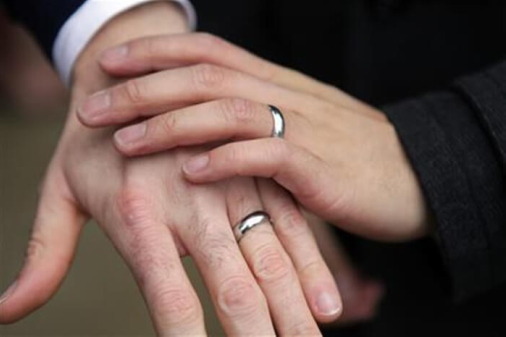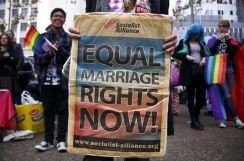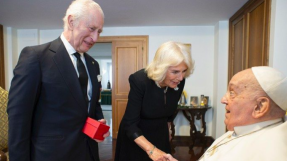
Mexico's highest court has ruled that it is unconstitutional for states to prohibit same-sex couples from being married.
However, the court's decision does not make any state law invalid since this is considered as a "jurisprudential thesis."
This means homosexual couples in Mexico — the country with the second-largest Catholic population in the world next only to Brazil — who were barred from being wed would have to approach the courts on a case-to-case basis.
Following the Supreme Court's ruling, judges and lower courts would have to green-light same-sex marriages.
The Supreme Court ruled that any state law that sees the ultimate purpose of marriage to be "procreation, and or defines (marriage) as celebrated between a man and a woman, is unconstitutional."
Union between two people of the same sex is already deemed legal in some areas of Mexico, such as Mexico City and the northern state of Coahuila.
The Supreme Court's decision was delivered on June 3 but was only made known until later.
Meanwhile, thousands have marched in Belfast to push for the introduction of same-sex marriage in Northern Ireland — another predominantly Christian nation in the world.
According to Irish Congress of Trade Unions (ICTU), Amnesty International and the Rainbow Project, who organised the event, Northern Ireland is "out on a limb," being the only part of the UK and Ireland not to alter its laws, BBC wrote.
Patrick Corrigan, Amnesty International's Northern Ireland programme director, said it was "simply unacceptable for the state to discriminate against people on the grounds of their sexual orientation or gender identity."
"Amnesty International believes that states should end discrimination on this basis and instead ensure that all families are equally protected before the law."
"That's why we are on the march today and why we will walk every step of the way with you and the LGBT community, and why we will not stop until every one of us can enjoy the same rights and recognition before the law."
The issue has already been debated by the Northern Ireland Assembly four times, and legislative members rejected same-sex marriage each time.
Same-sex marriage was legalised in the Republic of Ireland on May, with more than 62 percent voting for it.
The republic was the first worldwide to legalise the said union through a referendum.



















